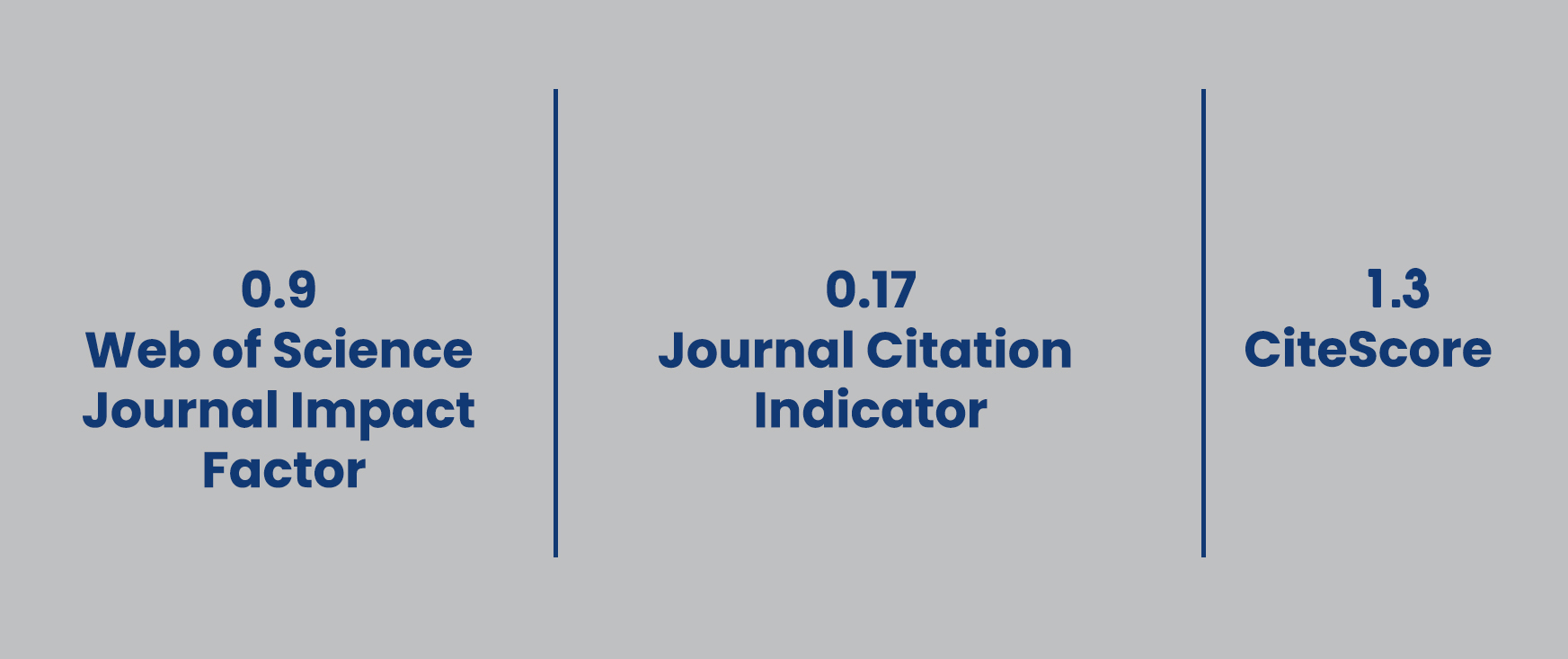

JEMS apply the Creative Commons Attribution NonCommercial 4.0 International Licence to all manuscripts to be published
A System Dynamics Approach to Maritime GHG Emission Reduction: A Case Study on Turkish Bulk Carriers
Selen Uygur1, Pelin Bolat21Sakarya University Of Applied Sciences, Maritime Higher Vocational School, Kocaali, Sakarya, Türkiye2Istanbul Technical University, Maritime Faculty, Istanbul, Türkiye
The shipping industry is under increasing pressure to decarbonization. This pressure stems from international regulations and the urgent need to mitigate climate change impacts. By employing a system dynamics approach, this study aims to analyses the effectiveness of various strategies for reducing greenhouse gas emissions in the context of Turkish bulk carriers, ultimately contributing to a more sustainable maritime sector. Experimentally calibrated utilizing ship-level data for Turkish-flagged bulk vessels, which aided in the model's development. The model incorporates the interplay among regulatory (EEXI/CII and carbon pricing), operational methodologies (speed/efficiency), fuel costs, technological dissemination, capacity limitations, feedback mechanisms, and temporal delays. Four policy-relevant scenarios are simulated through 2050 Business as Usual (BAU), International Maritime Organization (IMO) Based, Aggressive, and Technological Breakthrough, tracking both annual carbon flow and cumulative emissions, along with the evolution of fleet composition (HFO/LNG/Bio/Hydrogen). Calibration against external statistics registers small historical errors, while sensitivity tests show vessel speed as the dominant elasticity, followed by conventional fleet share and average distance. Findings show diminishing annual emissions across all trajectories, although large differences in timing and scale occur. Conclusions, comprehensive measures like carbon pricing combined with operation and technology initiatives supported by infrastructure reduce both total emissions and long-run costs, exclusive dependence on technology can lead to increased cumulative burdens even as ultimate benefits materialize.
Keywords: CO2 Emissions, Alternative Fuels Transition, Decarbonization, Turkish Flagged Vessels, System Dynamic ModelingManuscript Language: English










